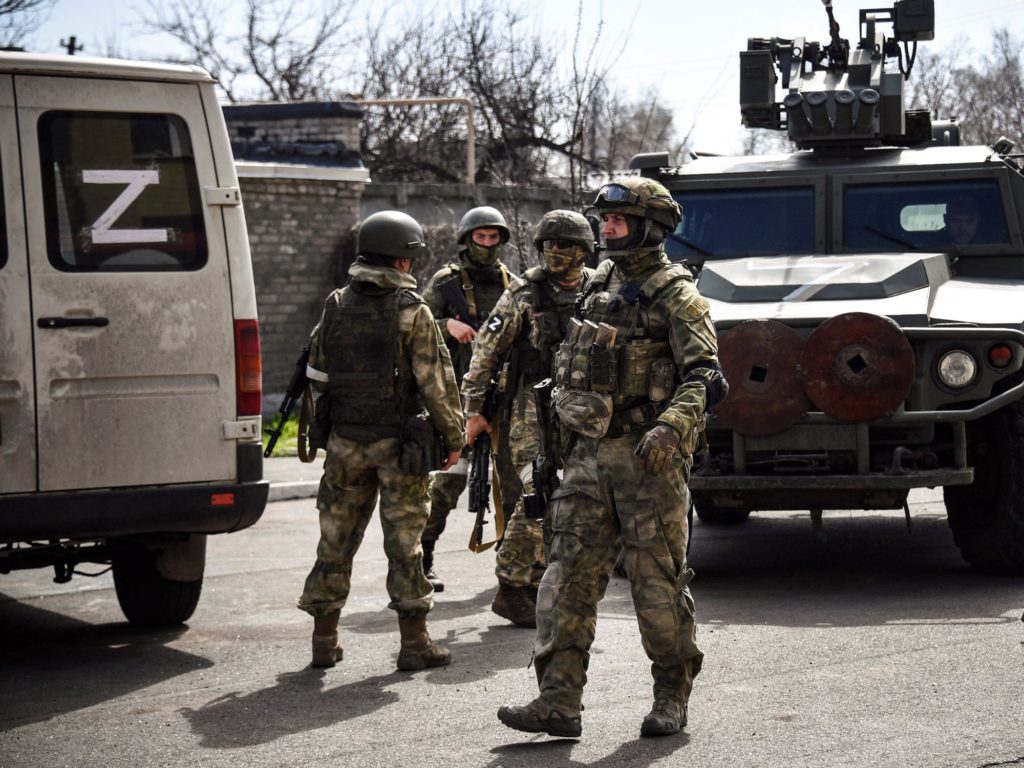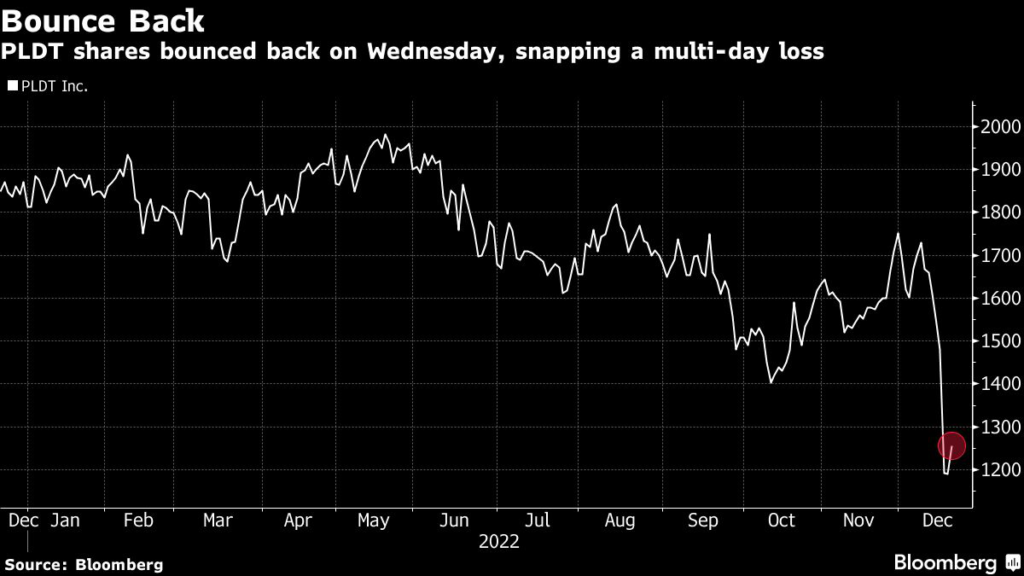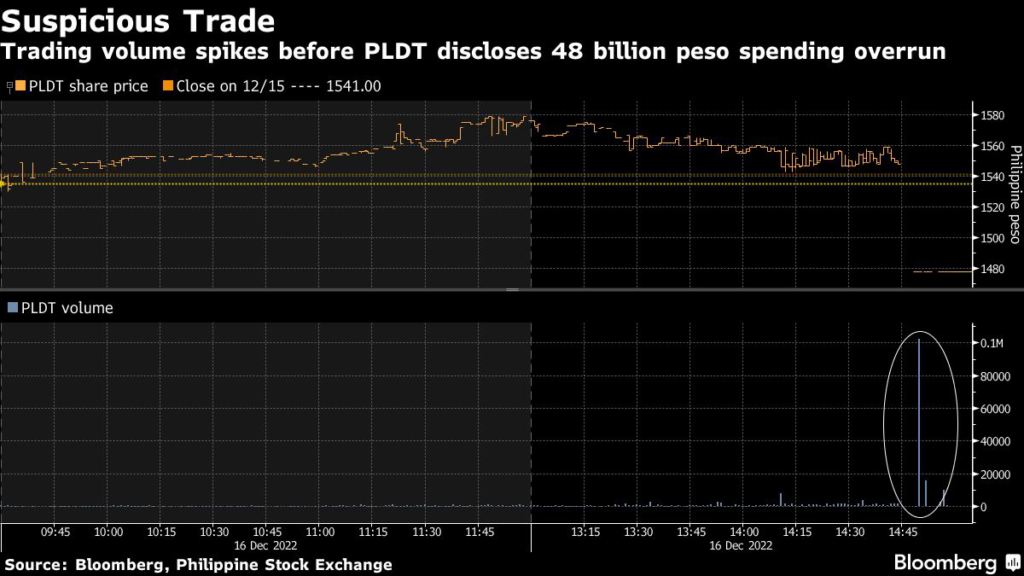(Bloomberg) — Elon Musk confirmed he will step down as chief executive officer of Twitter Inc. after finding a successor, though he plans to retain control over the company’s engineering teams.
Since taking over in October, Musk has overseen the firings or departures of roughly 5,000 of Twitter’s 7,500 employees. He’s said he plans to emphasize Twitter’s engineering as owner, and it’s hard to tell what’s left of other operations, such as legal and finance after the departures.
The billionaire executive embarked on a search for a new CEO, according to a person familiar with the search, after losing a straw poll he posted on the social media site that asked whether he should relinquish his role as head of the company.
Musk’s Twitter Legal Woes Widen With FTC Probe, Police Questions
More than 10 million votes, or 57.5%, were in favor of Musk stepping down, according to results that came in Monday morning. Musk committed to abide by the results when he launched the survey, but a day later he had tweeted more than a dozen times without directly addressing the outcome. The search for a new CEO could be drawn out and take time to yield results, said the person, who asked for anonymity discussing a private matter.
Musk has been almost single-handedly running Twitter since he bought it in October for $44 billion. He said early on that he didn’t plan to stay permanently as CEO and he has surrounded himself with a few trusted people, some of whom have suggested they’d be ready to take on what Musk calls a thankless task. “No one wants the job who can actually keep Twitter alive. There is no successor,” Musk tweeted earlier this week.
Among those who have remained in Musk’s inner circle are Jason Calacanis, an investor and podcaster, and former PayPal Holdings Inc. exec David Sacks. The two were part of Musk’s war room in the days after the deal closed and people familiar with the situation said they were given internal accounts and helped make decisions about who would keep their jobs. Both have been making public suggestions for Twitter’s business strategy.
Calacanis kept his ideas for monetizing Twitter coming, advocating on Tuesday for features including a “poll analytics” link where information on Twitter poll results would be broken down by voter attribute, such as country and number of Twitter followers. Such insights are “well worth paying for,” he tweeted. On Monday, he talked up Twitter’s new business branding efforts.
Read about some of the potential candidates for Twitter CEO job
Sacks also retweeted a notification about Twitter Business on Monday, a new program that lets businesses identify their brands and key employees on Twitter. Sacks added the logo for Craft Ventures, the venture firm he runs, to the side of his name. In a reference to Musk’s poll about whether he should stay on as Twitter’s CEO, Sacks suggested that other CEOs run the same type of poll.
In one of his first tweets after the closing of the survey, Musk said Twitter will restrict voting on major policy decisions to paying Twitter Blue subscribers. The service, which costs $8 a month, had attracted about 140,000 subscribers as of Nov. 15, the New York Times has reported.
Calacanis didn’t respond to an emailed request about whether he and Musk had discussed the CEO role. A spokeswoman for Sacks declined to comment.
CNBC’s David Faber reported earlier on Musk’s search for a new CEO. Faber reported that Musk’s search has been ongoing and started before the Twitter poll emerged.
Musk’s dramatic stunt, asking the public about his leadership capabilities, came shortly after he attended the World Cup final match in Qatar, triggering a wave of trending topics such as “VOTE YES” and “CEO of Twitter.”
Musk has warned that Twitter is at risk of bankruptcy and instituted a “hardcore” work environment for the remaining workers after a drastic cutback in staff. In his less than two months at the helm, he has spooked advertisers, alienated Twitter’s most ardent creators and turned the service from a reflection of the news of the day into the main topic.
After losing the initial poll, Musk, who’s also CEO of Tesla Inc., retweeted promotional material for the car company and for Twitter’s Blue for Business service. He also responded to an article about rival Toyota Motor Corp.’s criticism of electric vehicles with a simple “Wow.”
The stock of Tesla, by far Musk’s most valuable holding, has plummeted since the Twitter acquisition and critics have argued he’s spending too much time on the social media company. The shares fell 8.1% at the close in New York.
–With assistance from Sarah McBride.
(Updates with additional context)
More stories like this are available on bloomberg.com
©2022 Bloomberg L.P.












